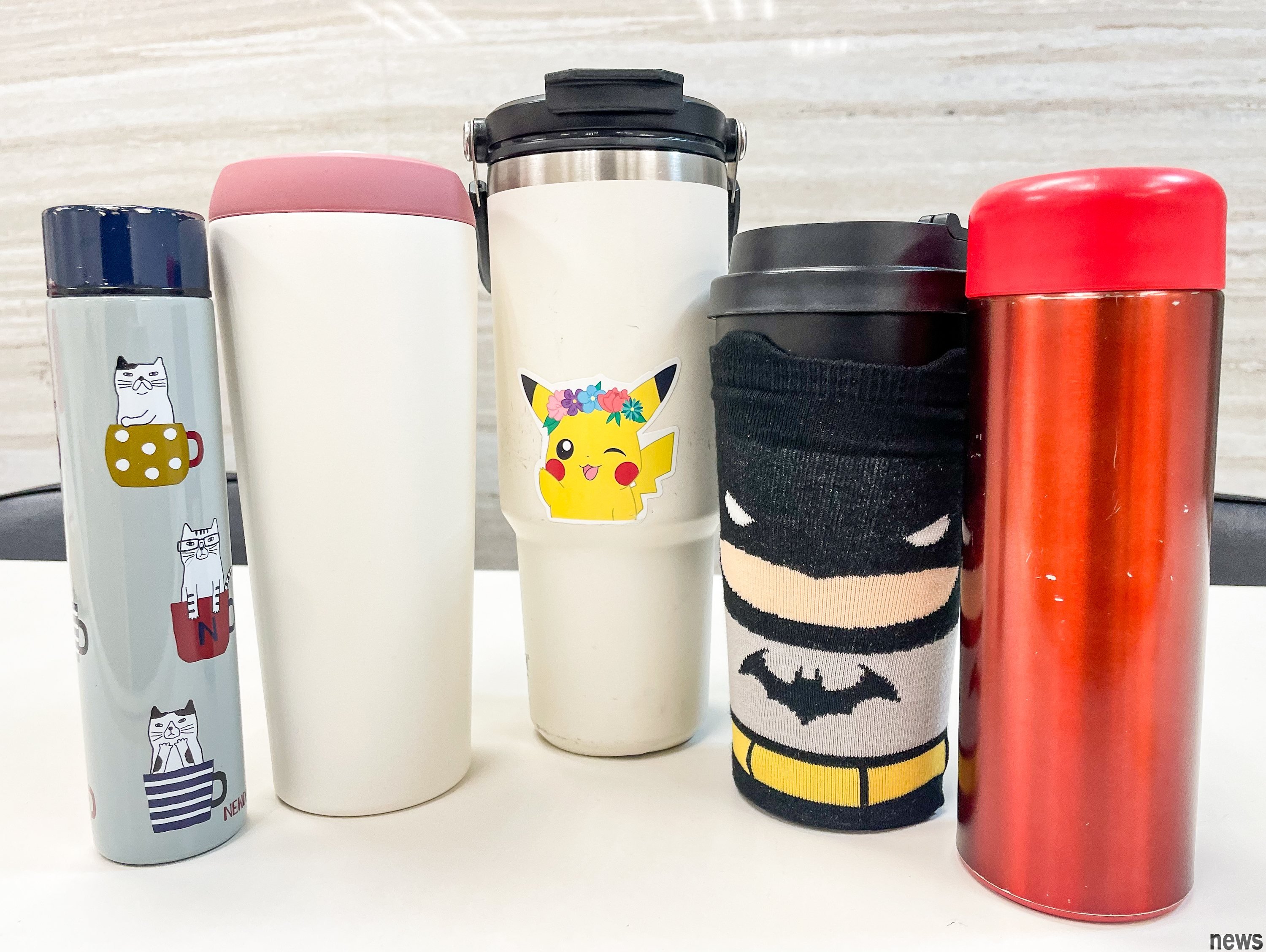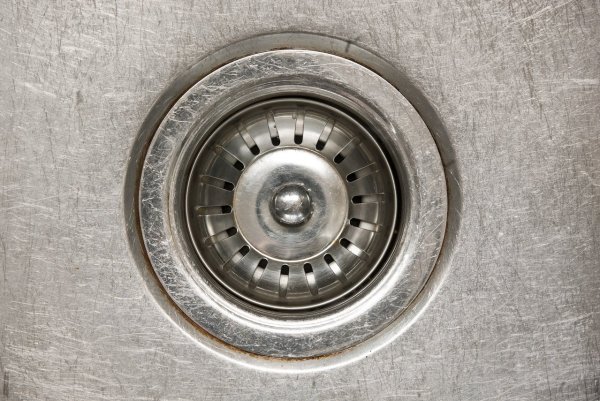Can the water in the kettle be kept overnight? Experts suggest this! Water bottles not cleaned regularly are dirtier than toilets

Many people carry environmentally friendly water bottles with them every day and constantly refill them with fresh water for drinking whether they go out or work. However, even if they contain only clean water, experts still stress that water bottles need to be cleaned regularly, otherwise they may become a breeding ground for bacteria and mold.
Michele Knepper, a nurse at the University of Pittsburgh Medical Center, pointed out: "This may seem like a trivial thing, but it is actually extremely important." She said that during use, water bottles can be contaminated with bacteria due to their mouth touching the mouth of the bottle, or their hands touching the straw and bottle cap. The small gaps between the bottle and the lid are more likely to harbor dirt and evil. If they are not cleaned for a long time, mold and bacteria will breed.
Unclean water bottles may cause gastrointestinal upset, itchy throat, and even worsen allergies or asthma. Although experts have different opinions on cleaning frequency, they all agree that "clean is better than dirty." Mike Ren, a family medicine physician at Baylor College of Medicine, said: "This is not a big problem, but it is not difficult to do. Just wash the water bottle."
Experts point out that the material of the water bottle does not affect the growth of bacteria. Whether it is stainless steel, plastic or glass, if it is not kept clean, it can breed bacteria. Plastic bottles are particularly prone to harboring bacteria due to scratches on their inner walls. It is recommended to add warm water and dishwashing detergent, scrub with a sponge or bottle brush, and then rinse thoroughly and dry. If there are straws or small crevices, use a slender brush to clean deeply. For deep cleaning, you can put it in the dishwasher, or soak it in warm water with denture cleaning tablets, vinegar or baking soda overnight for good results.
Most experts recommend washing once a day and deep cleaning weekly. If it happens frequently, Ren recommends brushing it at least once every two weeks and getting into the habit of simply rinsing the mouth of the bottle each time you fill it with water. If the water bottle has been filled with sugary drinks such as protein drinks or sports drinks, it should be cleaned daily, as sugar residues are most likely to attract bacteria to multiply.
The American fitness website Treadmill Reviews and the environmental microbiology laboratory EmLab P&&K jointly tested 12 reusable water bottles. The results showed that they contained an average of about 310,000 bacterial units per square centimeter, and the bacterial load on some bottle mouths was even about 400 times higher than that of a toilet seat. The models most likely to harbor bacteria are slide-top and straw-type water bottles. Because the bottle mouth is moist and has many gaps, it is easy for Staphylococcus and Bacillus to breed. Although it is an informal academic study, it is enough to remind the public to clean regularly and avoid drinking water "dirtier than a toilet".
Experts have different opinions on whether water in bottles can be stored overnight. Some people suggest throwing away the old water every time you add water, while others think it's okay to leave it overnight. Ren says you just need to replace them every few days, but if mold or odor develops, be sure to throw them out and clean them thoroughly. In addition, it is not recommended to reuse disposable plastic bottles because the inner wall can easily release chemicals and harbor bacteria.




